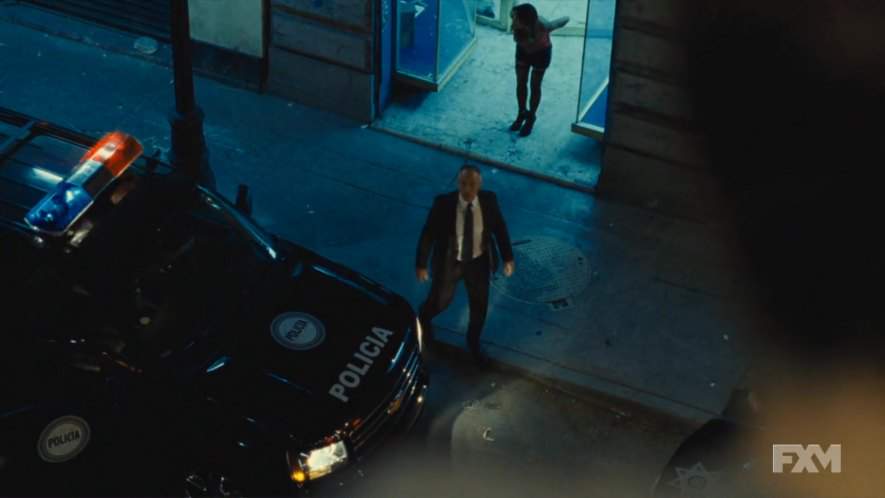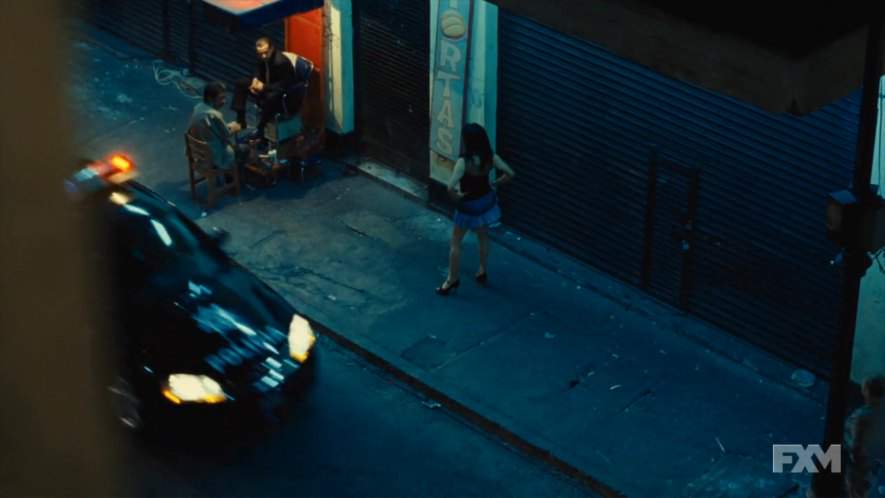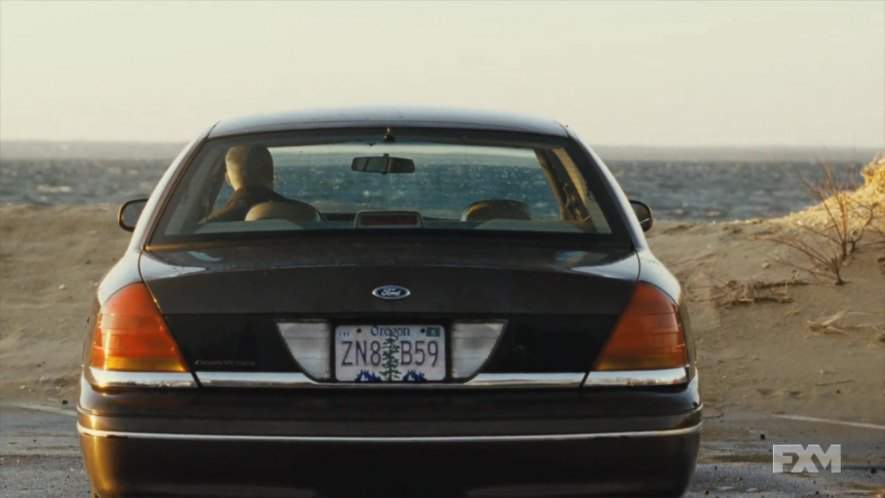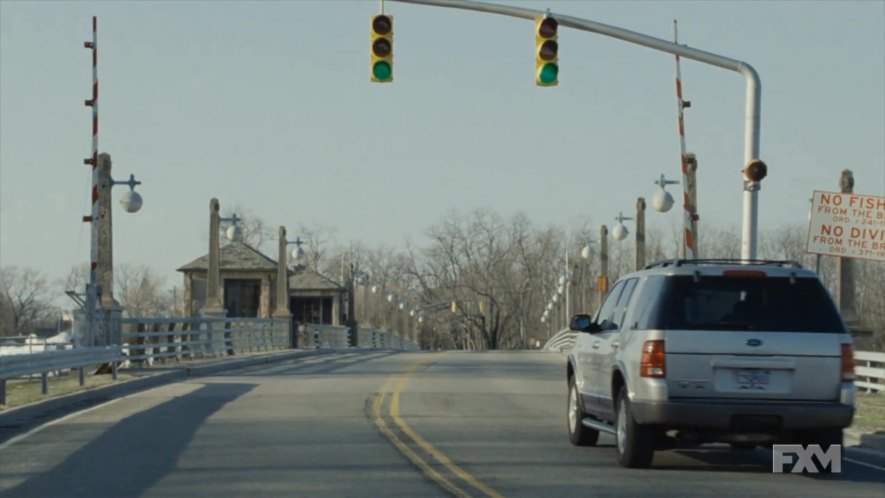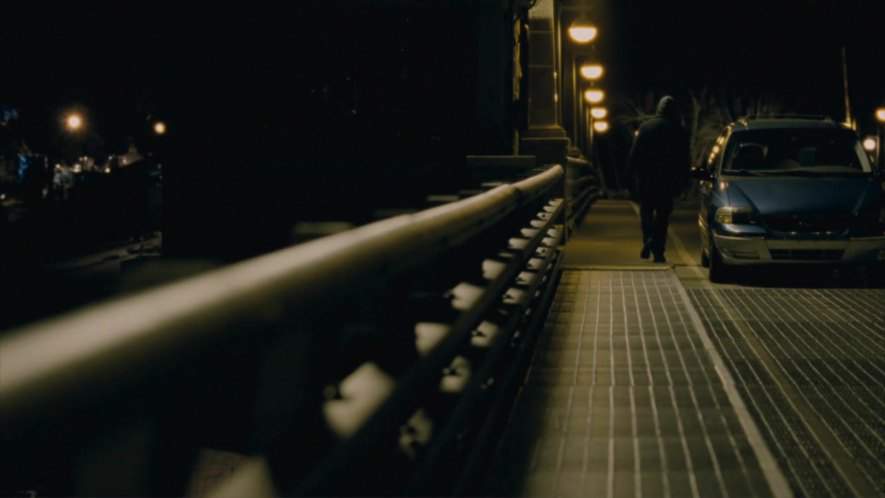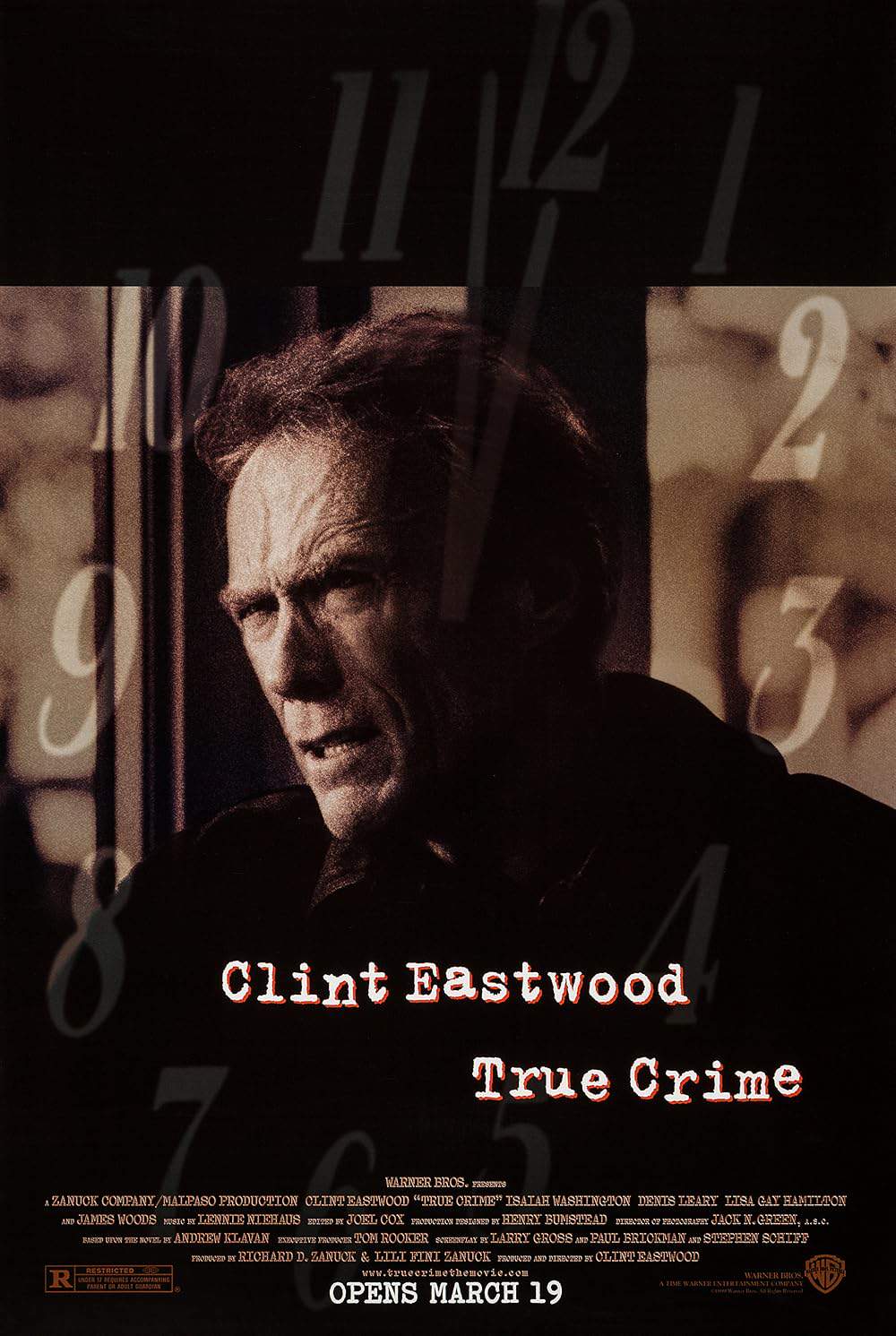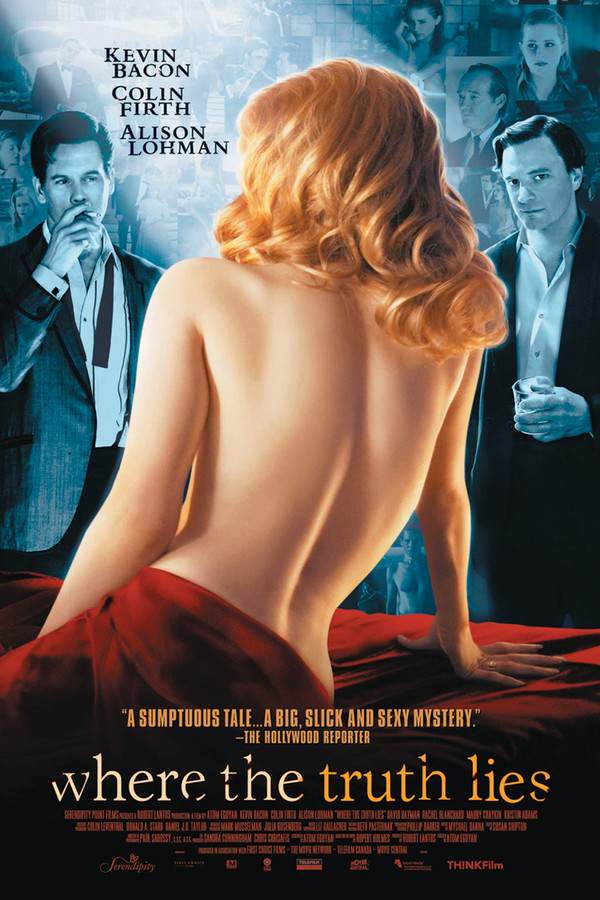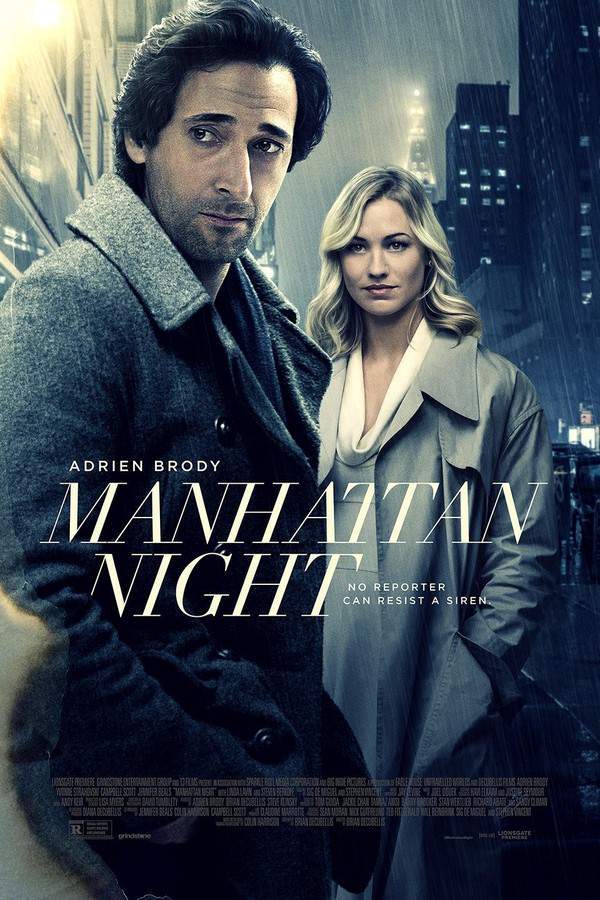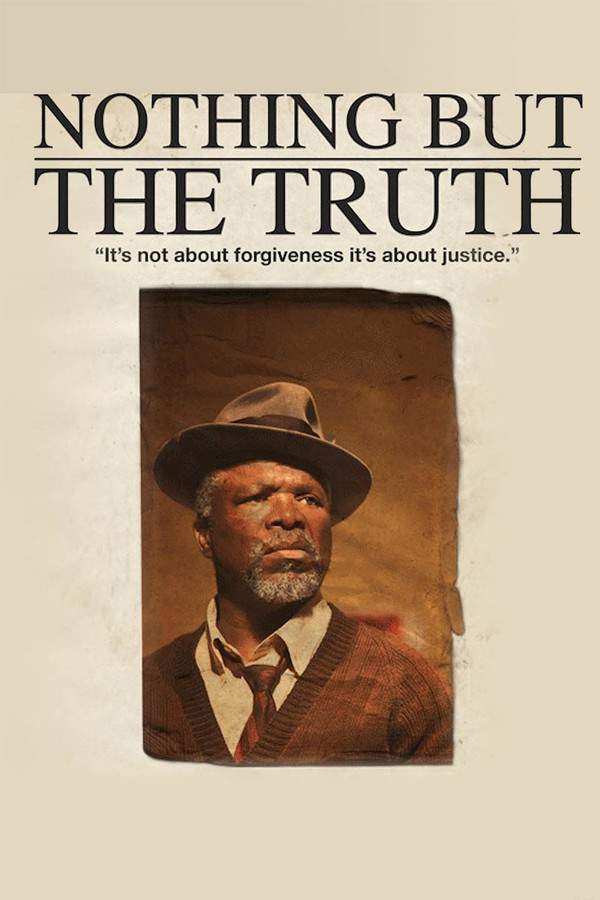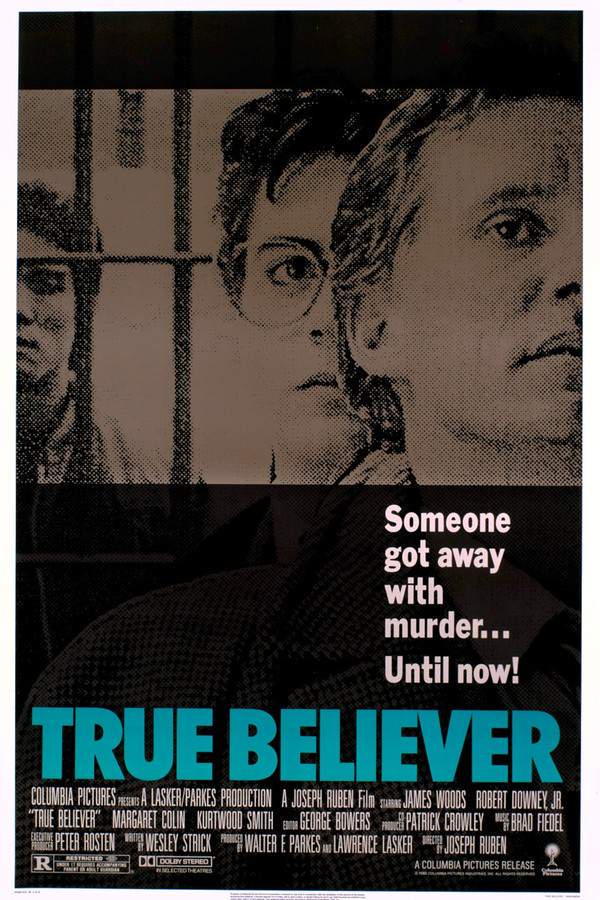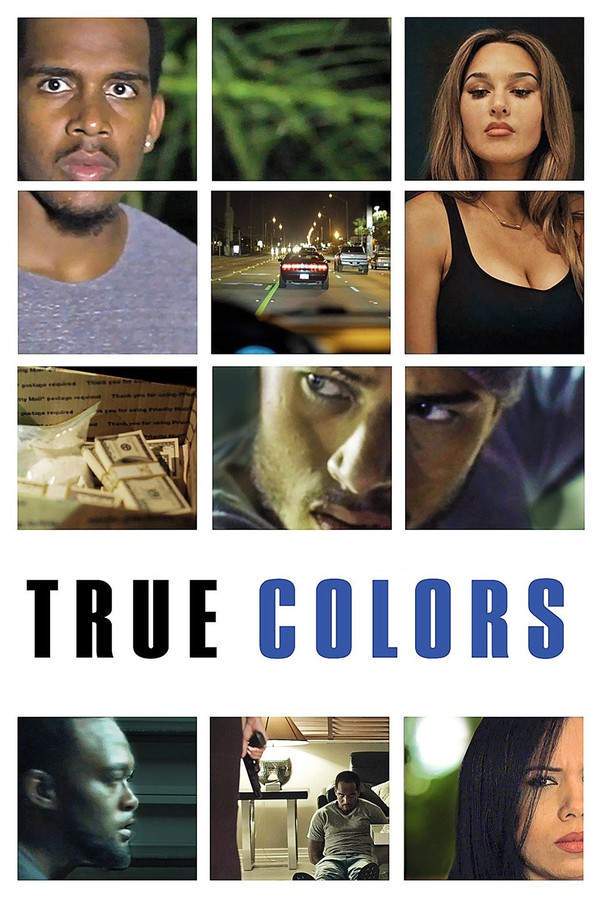True Story 2015
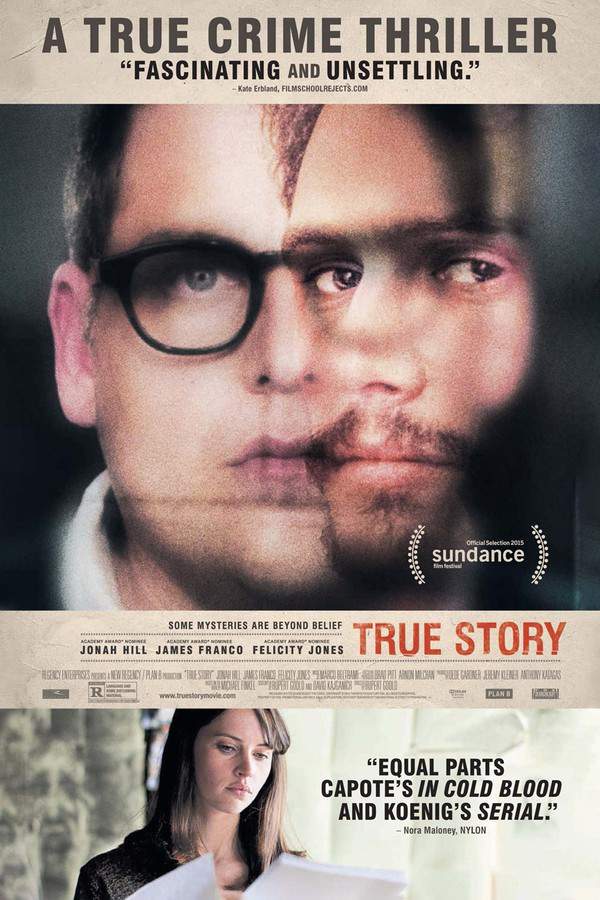
A disgraced journalist's search for a career comeback takes a dark turn when he meets a man in jail who claims to be his doppelganger. The accused killer assumes the reporter's identity, sparking a dangerous game of cat and mouse. As the journalist investigates the man's alleged crimes, he becomes increasingly entangled in a web of deception and questions the nature of truth and his own moral compass.
Does True Story have end credit scenes?
No!
True Story does not have end credit scenes. You can leave when the credits roll.
Meet the Full Cast and Actors of True Story
Explore the complete cast of True Story, including both lead and supporting actors. Learn who plays each character, discover their past roles and achievements, and find out what makes this ensemble cast stand out in the world of film and television.
External Links and Streaming Options
Discover where to watch True Story online, including streaming platforms, rental options, and official sources. Compare reviews, ratings, and in-depth movie information across sites like IMDb, TMDb, Wikipedia or Rotten Tomatoes.
Ratings and Reviews for True Story
See how True Story is rated across major platforms like IMDb, Metacritic, and TMDb. Compare audience scores and critic reviews to understand where True Story stands among top-rated movies in its genre.

50
Metascore
6.0
User Score


45%
TOMATOMETER

38%
User Score

6.3 /10
IMDb Rating

63
%
User Score

2.9
From 12 fan ratings

3.91/5
From 11 fan ratings
Take the Ultimate True Story Movie Quiz
Challenge your knowledge of True Story with this fun and interactive movie quiz. Test yourself on key plot points, iconic characters, hidden details, and memorable moments to see how well you really know the film.
True Story Movie Quiz: Test your knowledge on the intense drama 'True Story' and the complex relationship between a journalist and a convicted murderer.
Who is the main journalist in 'True Story'?
Michael Finkel
Christian Longo
Detective Greg Ganley
Jill Finkel
Show hint
Full Plot Summary and Ending Explained for True Story
Read the complete plot summary of True Story, including all major events, twists, and the full ending explained in detail. Explore key characters, themes, hidden meanings, and everything you need to understand the story from beginning to end.
Christian Longo, portrayed by James Franco, is an Oregon man who finds himself in a horrifying situation after the brutal murders of his wife and three children. The police arrest him in Mexico, where he has been misleading people by pretending to be a reporter for the New York Times named Michael Finkel.
Meanwhile, in New York City, we meet Michael Finkel, played by Jonah Hill, an ambitious journalist whose life takes a drastic turn when his editors accuse him of fabricating a story published on the cover of the New York Times Magazine. Unable to defend his actions, Finkel loses his job and struggles to find new opportunities in journalism, especially with the stain of his public firing looming over him.
Finkel’s luck seems to change when a reporter from The Oregonian contacts him regarding Longo’s case and his troubling appropriation of Finkel’s identity. Intrigued, Finkel decides to reach out and meet Christian Longo in prison. During their first encounter, Longo professes his admiration for Finkel’s writing, expressing that he has followed his career closely. In a rather peculiar arrangement, Longo agrees to share his side of the story in exchange for writing lessons and a promise from Finkel that their conversations will remain confidential until after the trial concludes.
As Finkel delves deeper into the case, he becomes captivated by Longo’s charismatic yet ambiguous nature regarding his guilt. Finkel dedicates himself to understanding Longo and even corresponds with him extensively, receiving numerous letters as well as an intriguing 80-page notebook titled “Wrong Turns,” wherein Longo documents his life’s missteps. The two men start to draw unsettling parallels between their lives, reflected in their handwriting and shared experiences. As the trial date approaches, Finkel begins to entertain the possibility that Longo might not be guilty after all, leading Longo to express his intentions of pleading not guilty.
In a dramatic courtroom scene, Longo indeed pleads not guilty to two murders but, shockingly, accepts guilt for the murder of his wife and one daughter. Finkel confronts Longo about his evasiveness, while Greg Ganley, a detective involved in Longo’s case, warns Finkel of Longo’s manipulative tendencies, urging him to disclose their correspondence. However, Finkel stands firm in his loyalty to Longo.
As the trial unfolds, Longo gives a detailed account of the tragic events he claims transpired one fateful night. According to him, after a violent argument over finances, he returned home to find two of his children missing and his wife in a deeply distressing state. In a fit of uncontrollable rage, Longo describes how he strangled his wife, believing she had caused harm to their children.
Amidst the tension, Finkel’s wife, Jill, watches in horror as Longo spins his tale. As the jury deliberates, she confronts Longo in jail, condemning him as a narcissistic murderer incapable of breaking free from his heinous identity.
Ultimately, Longo is found guilty on all counts and receives a death sentence. Following his sentencing, he brazenly winks at Finkel, leaving Finkel seething with fury upon realizing he has been played like a pawn in Longo’s game, his trust exploited for Longo’s advantage. In their subsequent meeting on death row, Longo spins yet another narrative, claiming memory loss regarding the murders, but Finkel, now filled with determination, vows to expose Longo’s deceit.
In a poignant public appearance promoting his book, “True Story,” Finkel is haunted by the presence of Longo in his mind, despite the distance between them. The final moments reveal the chilling truth: a year later, Longo confessed to the crime of murdering his whole family. Although Finkel never regained his position at the New York Times, Longo has continued to write articles from death row, even contributing to some prestigious publications. The film concludes with the eerie note that Finkel and Longo maintain contact, speaking on the first Sunday of every month, a testament to their twisted relationship.
Uncover the Details: Timeline, Characters, Themes, and Beyond!

Coming soon on iOS and Android
The Plot Explained Mobile App
From blockbusters to hidden gems — dive into movie stories anytime, anywhere. Save your favorites, discover plots faster, and never miss a twist again.
Sign up to be the first to know when we launch. Your email stays private — always.
Watch Trailers, Clips & Behind-the-Scenes for True Story
Watch official trailers, exclusive clips, cast interviews, and behind-the-scenes footage from True Story. Dive deeper into the making of the film, its standout moments, and key production insights.
Cars Featured in True Story
Explore all cars featured in True Story, including their makes, models, scenes they appear in, and their significance to the plot. A must-read for car enthusiasts and movie buffs alike.
True Story Themes and Keywords
Discover the central themes, ideas, and keywords that define the movie’s story, tone, and message. Analyze the film’s deeper meanings, genre influences, and recurring concepts.
True Story Other Names and Titles
Explore the various alternative titles, translations, and other names used for True Story across different regions and languages. Understand how the film is marketed and recognized worldwide.
Similar Movies To True Story You Should Know About
Browse a curated list of movies similar in genre, tone, characters, or story structure. Discover new titles like the one you're watching, perfect for fans of related plots, vibes, or cinematic styles.
Quick Links: Summary, Cast, Ratings, More

What's After the Movie?
Not sure whether to stay after the credits? Find out!
Explore Our Movie Platform
New Movie Releases (2026)
Famous Movie Actors
Top Film Production Studios
Movie Plot Summaries & Endings
Major Movie Awards & Winners
Best Concert Films & Music Documentaries
Movie Collections and Curated Lists
© 2026 What's After the Movie. All rights reserved.


















